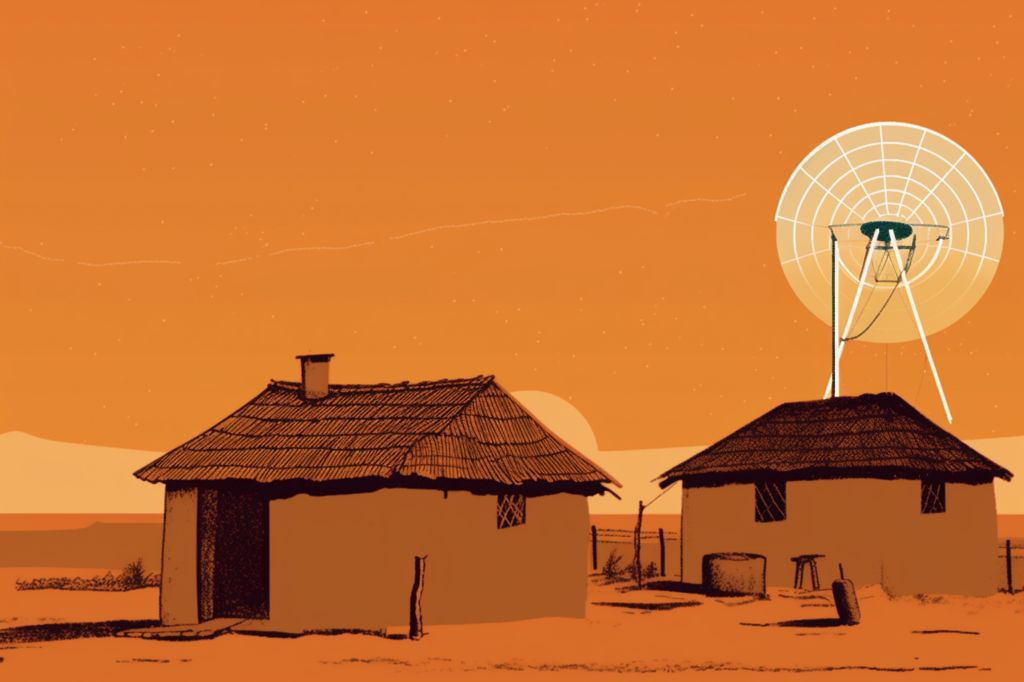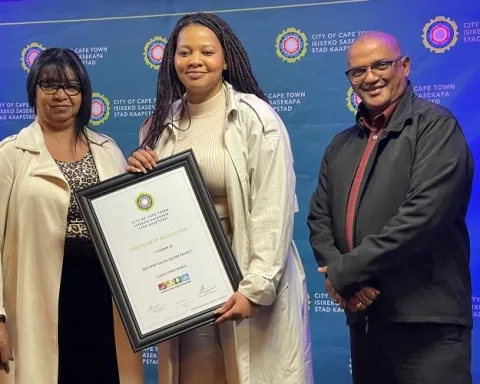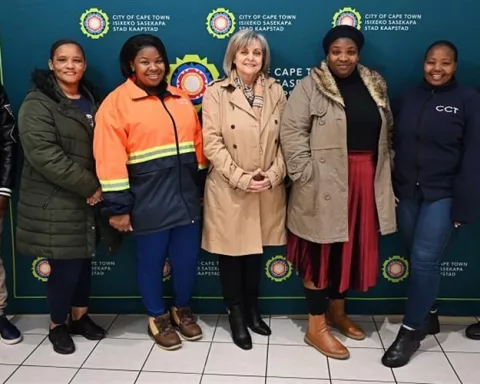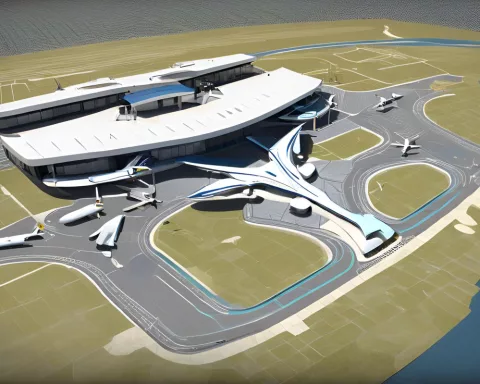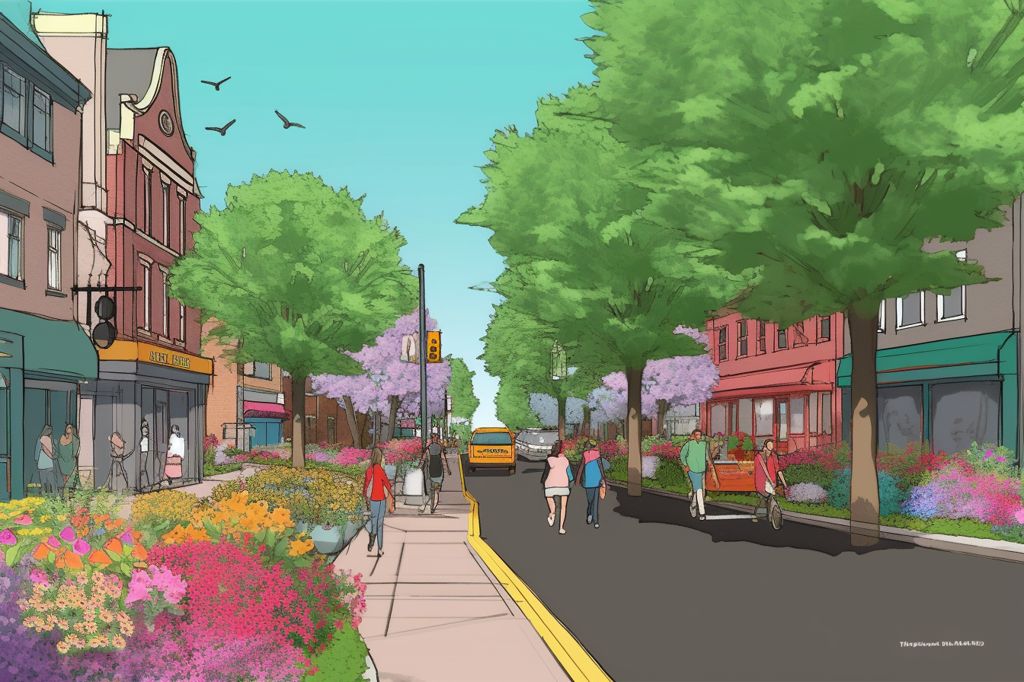The digital divide is a significant challenge in South Africa, with many citizens lacking access to essential services such as education and healthcare due to limited internet connectivity. To address this issue, the government has launched the SA Connect program, which aims to provide high-speed internet connectivity to all citizens, regardless of their location or economic status.
Deploying Broadband Infrastructure
The SA Connect program involves the deployment of broadband infrastructure in underserved areas. The government has also partnered with private sector companies to provide affordable internet access. These efforts have resulted in significant improvements in connectivity, with more households and businesses now able to access the internet.
Benefits of Improved Digital Access
Improved digital access has numerous benefits, including enabling remote learning and telemedicine for students and patients in rural areas. It also boosts economic growth by enabling businesses to reach new markets and customers, and facilitating the development of new products and services.
Progress and Challenges
Despite the progress made under the SA Connect program, there is still much work to be done. According to the World Bank, only 46% of South Africa’s population had access to the internet in 2019, and there are still significant disparities in connectivity between urban and rural areas. This highlights the importance of the government’s commitment to bridging the digital divide.
Other Initiatives
In addition to the SA Connect program, the government has launched other initiatives to improve digital access in South Africa. The Digital Skills Program provides training in technology and digital literacy to citizens, while the Township Economy Digital Initiative aims to empower entrepreneurs in townships through digital tools and skills.
Creating an Inclusive Society
Through these initiatives, the South African government is working towards creating a more inclusive and equitable society, where all citizens have access to the benefits of digital technology. This is an important step towards building a brighter future for South Africa, where every citizen has the opportunity to reach their full potential.

